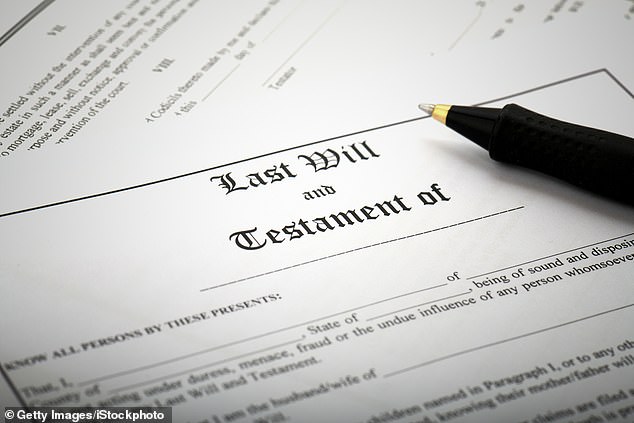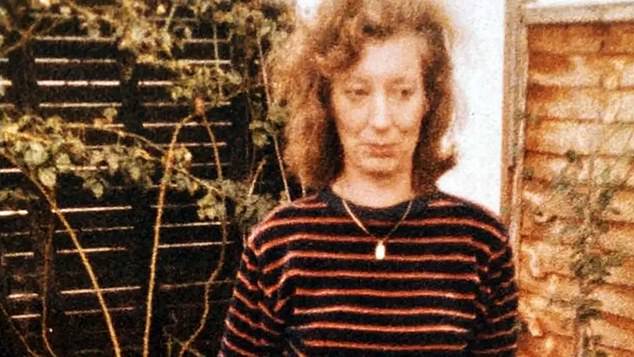A criminal gang is stealing Britons’ homes shortly after they die by forging wills and posing as the rightful heirs.
The fraudsters are exploiting Britain’s soft probate system, stealing from both grieving families and taxpayers.
A BBC investigation found the gang targets individuals with no immediate family, producing fake wills after they die to falsely claim their estates.
They then strip homes of valuables before selling them quickly for below market value to avoid inheritance tax.
But the probate service has refused to investigate instances of suspected fraud, saying relatives must challenge such claims through the civil courts – a process that can cost tens of thousands of pounds.
Sisters Lisa and Nicole discovered they were entitled to inherit a near £1million house in Wimbledon from their late aunt Christine Harverson, who they had not seen since childhood.
But their inheritance was blocked when a Hungarian, Tamas Szvercsok, contacted the probate service with a will dated 2016, describing him as her ‘dear friend’ and naming him sole executor and beneficiary.
Close inspection of the document revealed serious irregularities: Mrs Harverson was housebound in 2016 and being cared for by her husband Dennis, who died in 2020.

A BBC investigation found the gang targets individuals with no immediate family, producing fake wills after they die to falsely claim their estates. Pictured: Stock image

Sisters Lisa and Nicole discovered they were entitled to inherit a near £1million house in Wimbledon from their late aunt Christine Harverson, picture
As co-owner of the Wimbledon property, Mr Harverson’s consent would have been required for it to be bequeathed.
Also, the address provided for Mr Szvercsok in the will did not exist in 2016.
Lisa said: ‘There’s nothing really we can do. I’m sure they’ve done it to others, which is really sad.
‘Some people haven’t got relatives to fight their corner. They’re just getting away with making all this money off the dead. It’s disgusting.’
When someone dies with no known relatives, their estate eventually passes to the Treasury. Before that happens, it appears on a public list known as Bona Vacantia – Latin for ‘vacant goods’ – allowing anyone with a claim to come forward.
Private firms scour the list daily in search of long-lost heirs. If successful, they take a share of the estate, a process featured in the BBC TV daytime series Heir Hunters.
Tory ex-minister Sir Bob Neill said digitising the probate system to cut costs had created vulnerabilities being exploited by criminals.
‘When you had regional offices you had human scrutiny that was better suited to pick up cases where things went wrong,’ he said. ‘An automated system isn’t good at doing that.’












